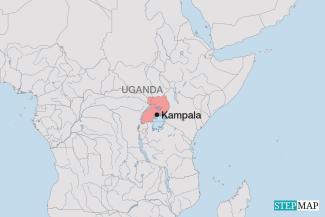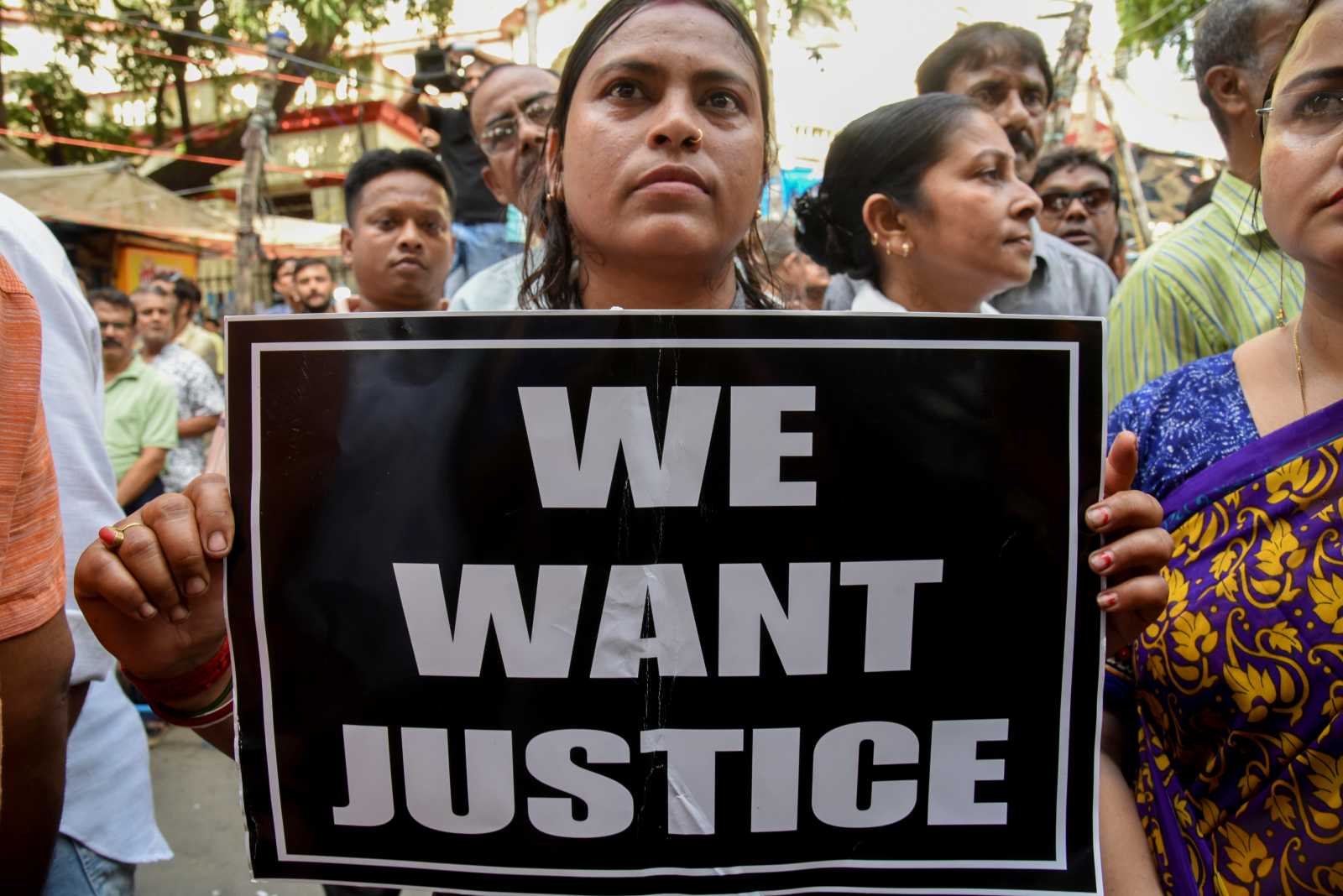LGBTQ in Uganda
A free life is impossible for LGBTQ persons in Uganda

“Homosexuals in small numbers have always existed in our part of black Africa ... They have never been prosecuted. They have never been discriminated against,” Ugandan President Yoweri Museveni said on the BBC programme “Hard Talk” in March 2012 (see also main text). Today, simply identifying as lesbian or gay can lead to lifelong imprisonment, according to the “Anti-Homosexuality Act” just signed by the same president. What has happened?
President Museveni came into power in 1986 and has since been very strategic in his cooperation with international allies and supporters. In the 1990s, sexual and reproductive health approaches received massive financial support – mainly from the US government under Bill Clinton. Uganda was one of the most successful African countries in fighting the AIDS epidemic. With the ABC approach (stay abstinent, be truthful, use condoms) the government managed to reduce infection rates.
With the election of President George W. Bush, right-wing politicians determined health policy. Some of them were fundamental Christians. “Abstinence only” was the new directive. Development-aid recipients had to change their rhetoric and approach. As the United States Agency for International Development (USAID) reports, free condoms were banned from health facilities and hospitals in Uganda, and more and more fundamental Christians spoke out publicly. Their main message was: AIDS is God’s punishment for homosexuality.
“Kill the Gays Bill”
The influence of fundamentalist Christian churches has increased dramatically since then. Under the label of “human rights advocacy”, groups such as the US-based Family Watch International organise seminars in which they label homosexuality a mental illness, promote conversion therapies, oppose sex education in schools as well as the right to abortion. The drafting of the first so-called “Kill the Gay Bill” in 2014 was also influenced - and funded - by the religious right in the US. While the first bill was invalidated by the Constitutional Court due to a procedural error, this time it passed and will cause immense suffering.
It is impressive that despite these challenges, the LGBTQ community has made progress in the area of inclusion, especially in the health sector. They have worked with the Ministry of Health to fight AIDS and promote the right to health, regardless of sexual orientation or gender identity. However, at the signing of the recent bill, the Minister of Health, Ruth Achieng, praised Museveni, raising concerns about the future alignment between the Ministry and the LGBTQ community.
It seems that the Ugandan parliament often uses the LGBTQ community as a scapegoat, especially when there are scandals in the country. By exploiting deeply rooted religious norms, they believe that the public will support their agenda. Since the introduction of the law, there have been numerous attacks and arrests targeting LGBTQ organisations and their members.
Lissa Janet is Communications Officer at Queer Youth Uganda.
Anonymous Author
Isabella Bauer is a freelance journalist and consultant.
post@isabellabauer.de













